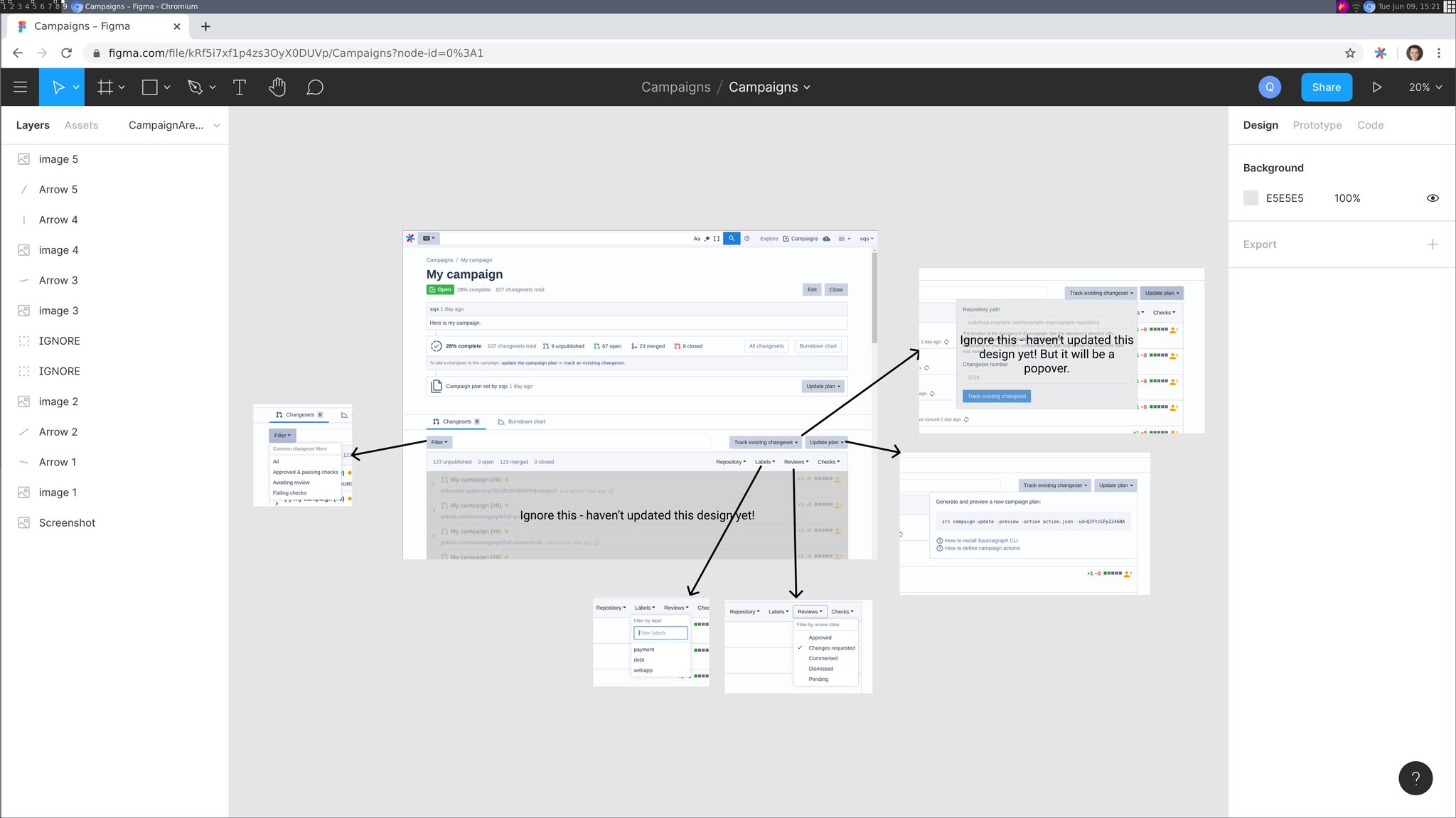- Deliver and maintain services, like tracking outages and protecting against spam, fraud, and abuse
- Measure audience engagement and site statistics to understand how our services are used
Quinn Blackout Drapes
 If you agree, we’ll also use cookies and data to:
If you agree, we’ll also use cookies and data to:- Improve the quality of our services and develop new ones
- Deliver and measure the effectiveness of ads
- Show personalized content, depending on your settings
- Show personalized or generic ads, depending on your settings, on Google and across the web
Click “Customize” to review options, including controls to reject the use of cookies for personalization and information about browser-level controls to reject some or all cookies for other uses. You can also visit g.co/privacytools anytime.
Infoq.com — InfoQ Homepage Podcasts Quinn Slack of Sourcegraph on Moving to Fully Remote and Zoomcations In this podcast Shane Hastie, Lead Editor for Culture & Methods, spoke to Quinn Slack, CEO of Sourcegraph, about becoming a fully remote company, ways to improve communication and collaboration and the value of Zoomcations Key Takeaways If working remotely really is optional then. Quinn Slack is Chief Executive Officer & Co-Founder at Sourcegraph, Inc. View Quinn Slack’s professional profile on Relationship Science, the database of decision makers.
- Code search startup Sourcegraph just added $5 million to its Series B funding round, the company announced Tuesday, and has recently nabbed big clients like Amazon and Tinder.
- Its platform makes all of a company's code searchable from the very first line, allowing software engineers to find, analyze, and fix code efficiently.
- Code search let's developers 'stand on the shoulders of giants, learn from the best, and avoid duplicating code,' CEO Quinn Slack told Business Insider, and search and collaboration tools have become even more important during the age of remote work.
- Sourcegraph plans to use its Series B funding to double its headcount to 80 employees by the end of the year.
- Visit Business Insider's homepage for more stories.
As more and more technology companies adopt a remote-first working philosophy, developers have to collaborate on lines of code in a way that's more communicative and efficient than before.
Enter Sourcegraph. The 7-year-old San Francisco-based startup has built a platform to make all of a company's code searchable from the very first line written, allowing software engineers to find, analyze, and fix code efficiently.
Its tools have only gotten more critical during the coronavirus pandemic, and it's making moves accordingly. Sourcegraph raised $23 million in March, in a Series B round led by Craft Ventures, but just added $5 million more to its coffers, led by Felicis Ventures. Sourcegraph plans to use its Series B to double its headcount and is already making progress: It's grown to 50 employees from 40 in March as it aims to hit 80 by the end of the year. It's raised $46 million in total and although Sourcegraph declined to share its valuation, PitchBook estimated it at $103 million after its initial Series B in March.
Quinn Slack Girlfriend
In the past five months, Sourcegraph also hooked Tinder and Amazon as new customers, adding them to a roster of corporate clients including Uber, Indeed, Airbnb, and Yelp. Sourcegraph charges companies a flat monthly fee based on their numbers of employees, but has custom pricing for big customers like Amazon; thousands of individuals also use Sourcegraph's free, open-source tools.
Many tech companies, including Facebook and Google, use in-house universal code search tools to help developers understand large volumes of code in complex systems, but Sourcegraph aims to give the same capabilities to companies that don't have the desire or resources to build their own internal products.
Developers can use Souregraph to change chunks of code that they're assigned to fix or add to, sift through repositories, and analyze and learn how their company codes, something that could otherwise take new employees months to nail down. The product also works alongside common developer tools, like analytics platforms and code editors.
As the coronavirus crisis has forced companies into temporary remote work — and spurred many, including Twitter, Spotify and Facebook, to embrace permanent remote work — working collaboratively across multiple code repositories can be difficult.
'How do you get by without code search? You go and tap people on the shoulder a lot,' Sourcegraph cofounder and CEO Quinn Slack said. 'But especially now with everything being remote, working from home, you can't tap people on the shoulder anymore. So code search becomes even more important.'
Slack and cofounder and CTO Beyang Liu came up with the idea while both working at Palantir Technologies as software engineers. Beyang had previously interned at Google, which was infamous among software engineers and students for its massive, comprehensive code search that was easily editable and shareable. Slack and Liu wanted to make a code search tool for any developer to use.
Code search let's developers 'stand on the shoulders of giants, learn from the best, and avoid duplicating code,' Slack said. Plus, the last decade of software development has made code search a crucial tool, according to Slack.
'There's way more developers, way more code, way more complexity. And of course, for consumers like us, it's a good thing because we get these apps that are personalized and use machine learning,' Slack said. 'But from the point of view of the software developer, things have gotten so much harder over the last 10 years.'
The company was remote-friendly from day one
When Sourcegraph was founded in 2013, the first two employees that Slack and Liu hired worked remotely. By January 2020, more than two-thirds of its employees were scattered across 11 states, Europe, Africa, the Middle East, South America, and a boat, instead of working at its Bay Area headquarters.
That's when the company decided not to renew its office space and went fully remote.

'Even if the company and the leadership says, 'Oh, it's your choice to come into the office,' it is so easy for everyone else to think, 'Is it really optional, if I want a promotion?' Slack said. 'It creates all of this stress in people.'
Quinn Slack
Slack said he travelled often while working as a developer with Palantir and Bank of America, as did many of his colleagues. Working from home was normalized in his teams.
'I think tech companies, they sometimes like to think like we invented this remote thing. It's so silly because accountants and lawyers and all these kinds of small businesses, they've been doing remote all along.' Slack said. 'But they have shown that it works.'
Quinn Slack Shirtless

See also: Popular coding platform HackerRank is launching its first-ever virtual college career fair that its CEO says could help companies improve diversity: 'Your pool suddenly got 10x bigger'
Spotify stops playing mac. Source: Read Full Article
